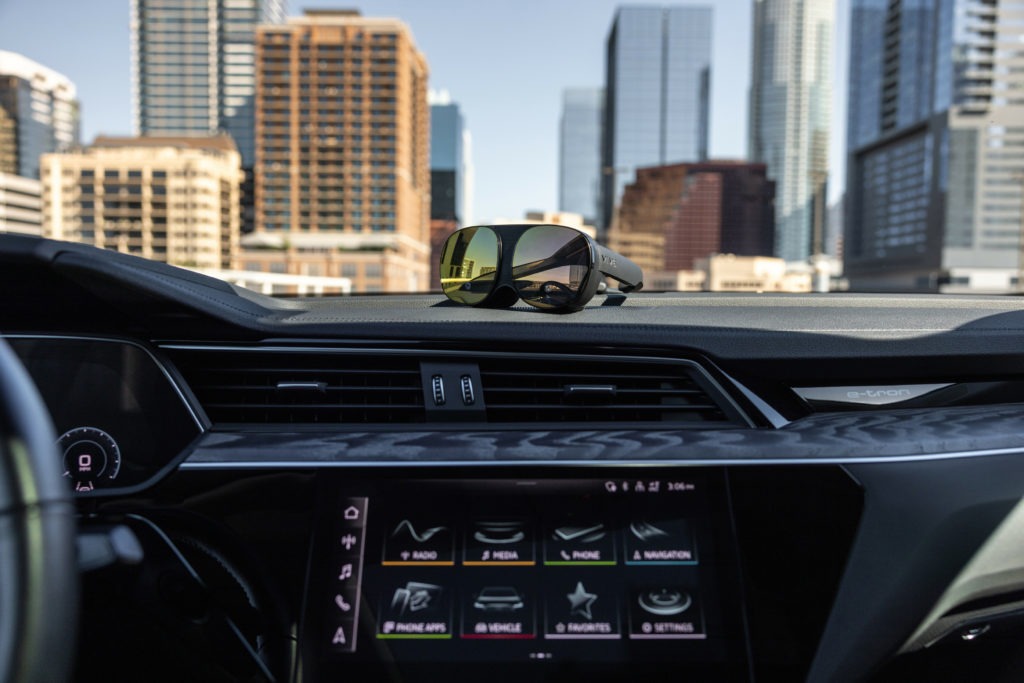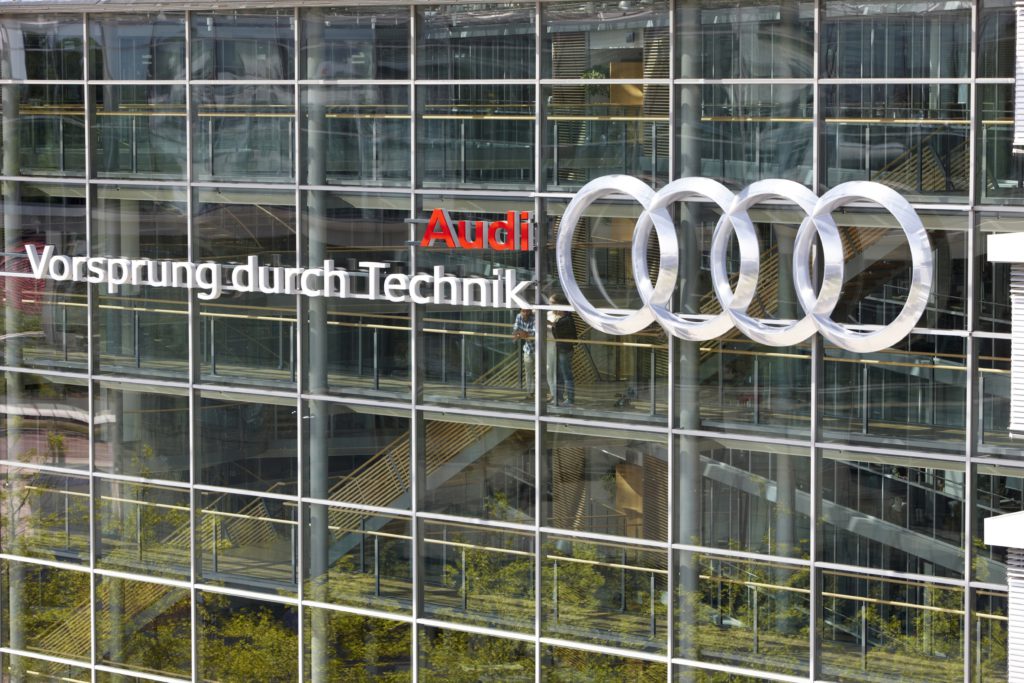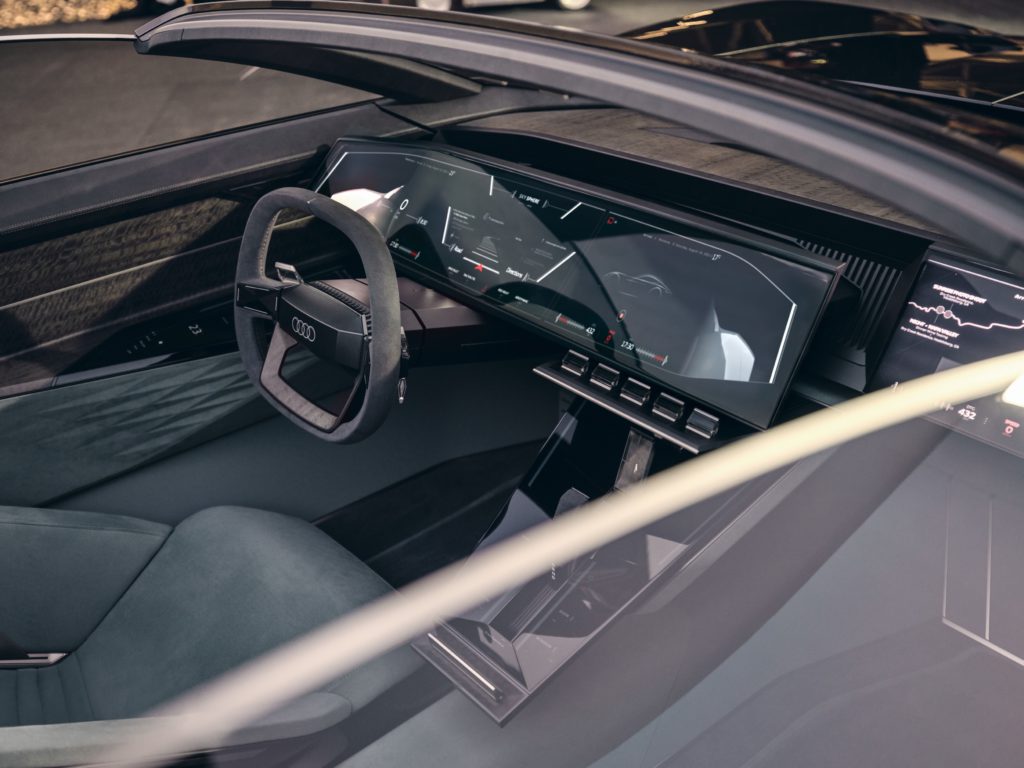Audi develops filters to trap tyre particulate matter
27 March 2022

Audi has developed filters that will help prevent tyre-wear particles and other environmentally-harmful substances from being washed into sewers and bodies of water along with rainfall.
Tyre particulates are likely to become a big talking point as the automotive industry shifts to a sustainable future. As tyres wear, small particles are emitted and can end up in water sources. Fitting the wrong, or cheaper, tyres to heavier electric vehicles could lead to accelerated wear, and therefore increased levels of particulate matter emissions. An estimated 110,000 metric tonnes ends up on the streets in the form of microplastics every year in Germany alone.
So together with the Technical University (TU) of Berlin (Department of Urban Water Management), the Audi Environmental Foundation began developing a filter concept for urban runoff in September 2020. The Urbanfilter can be combined individually depending on the road and traffic situation. They trap the particles as close as possible to the location of creation – before rainwater can rinse them into the sewers.
Trapping tyre particulates
Laboratory tests at TU Berlin have shown the filters work effectively, without clogging up, which would lead to increased costs associated with replacements. The devices managed to permanently trap genuine street-cleaning waste, cigarette filters, microplastics in the form of granulates up to three millimetres in size, sweet wrappers, and lids of disposable coffee cups.
‘The system does this not just when it is drizzling, but also when it is lashing rain,’ said Daniel Venghaus, research associate in the Department of Urban Water Management at TU Berlin.
However, ground-down tyre rubber, which can be used for testing purposes, behaves differently to genuine tyre wear particles. Field tests on roads will provide further information. For more than a month, a filter has also been deployed on a busy road in Berlin. The filter successfully passed its first stress test during the series of storms in mid-February. It is due to remain in service at its present location until the end of the year.
Researchers will take samples of both the intake and the water draining away in order to determine its effectiveness in real-life operating conditions over the course of the seasons. Initial discussions are already underway with the ADAC Driving Safety Centre in Berlin-Brandenburg to install filters on its routes to gain a better understanding of the filtering of wear particles in different driving situations.
The filtering of ultra-fine particles is still presenting the team of researchers with challenges. ‘The system has already passed tests with ground tyre rubber between 20 to 1,000 micrometres (µm) in size in conditions of light to medium rainfall. Now we are working on improving the filter performance when there is strong rainfall,’ explained Venghaus.
Connectivity allows for better management
The aim of the tests, and further development work, is for the Urbanfilter to be in operation for up to a year without having to be maintained or cleaned. This can be achieved with the help of intelligent connectivity.
Different information can be gathered, such as the street-cleaning schedule, the traffic volume on the street, rush-hour times, and the weather forecast. Based on these factors, it is possible to predict the contamination level of each filter and determine when it is the best time to empty it. A filter could be emptied preventively, for example, before strong rains are due to fall.
‘We are in close dialogue with further partners, such as the engineering company IAV and other research institutions, that are engaged in smart traffic guidance and planning,’ concluded Venghaus.



